|
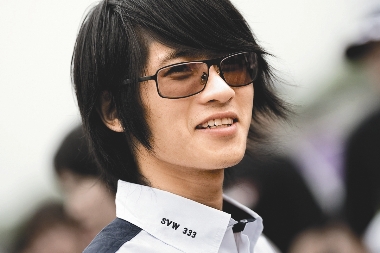
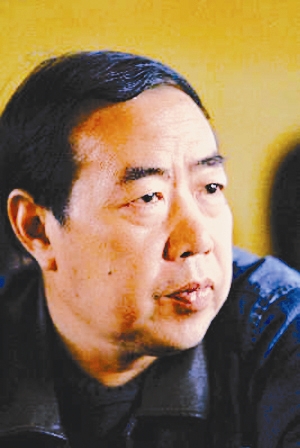
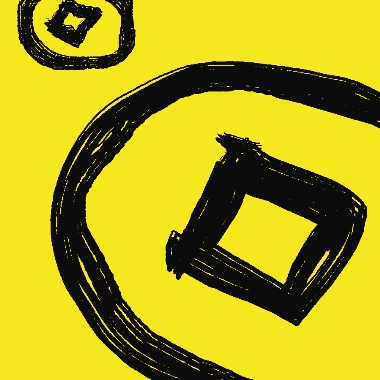
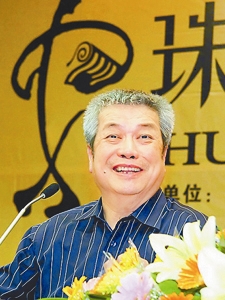
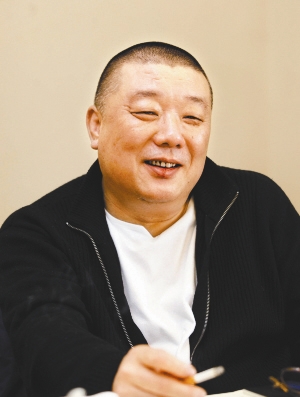
IN a recent blog post popular Chinese author Han Han wrote expressing his sympathy with common Chinese authors, lamenting that they struggled to earn a living from writing. Han’s remarks have sparked heated debate on the topic.
If a book sells for 10 yuan (about US$1.5), Han said, paper and printing would cost 2 yuan, the publisher could earn more than 1 yuan, the bookstore could earn 5 yuan and the author could earn just 1 yuan. Many have agreed with him.
Zhao Yu, whose “The Secrets of Basketball” will soon be published in the journal Chinese Writers (Zhong Guo Zuo Jia), said he did not expect to earn much from his hard work. The journal will pay him about 18,000 yuan for the 200,000-character book about the history of basketball in China. Even though it will be published again as an independent book by the China Youth Publishing House, Zhao admitted that he can “hardly support” himself with the money he earns from writing.
Zhao wrote six books between 2007 and 2010. Because his books are primarily based on field investigation, fees paid by publishers barely even covered his travel expenses. His previous work “Searching for Ba Jin’s Daili,” a huge success among readers and critics, won him a 100,000-yuan award from Chinese Writers. “That money helped make ends meet,” Zhao said. “But not everyone can be as lucky; I myself cannot have that kind of luck every time.”
Writers who have yet to make their name earn even less.
Liu Fengyin, public relations chief with Hunan Literature & Art Publishing House, said many authors who published literary works by her company were not professional writers. “Most of them are reporters or managers, who don’t rely on writing for a living.”
Chinese publishers generally pay authors by three different scales: one based on the total number of characters; one a fixed fee negotiated between the author and the publisher; and another the royalty fee between 6 percent and 15 percent of the copies sold. However, only renowned authors can negotiate a royalty fee above 10 percent.
Take Jia Pingwa for example: He published “Ancient Kiln” (“Gu Lu”) in January. Each copy is priced at 53 yuan, with first print at 200,000 copies. If the publisher pays him 12 percent in royalty fee, that would be 1.27 million yuan.
Jia earns handsomely because publishers know that his books sell well.
“If a book sells 20,000 copies, that’s an achievement,” Han said. “Suppose it takes two years to write a book, which earns the author 34,000 yuan, then it would take him 100 years to earn enough for a two-room flat in the suburbs of a big Chinese city.”
Established and popular authors could earn far more, said Liu Fang, official with the Writers Publishing House. Authors like Yu Qiuyu and Hai Yan can sell over 1 million copies for their popular series, and some young writers who shoot to fame overnight may also have 200,000 copies in first print. But a newcomer in the trade can barely dream of that happening. Liu admitted that a common writer earned less than an office clerk.
Many authors have found more lucrative jobs as playwrights for TV shows or films.
Zhao thinks that too low an income for serious writers is not right. “Certain categories of books cannot become bestsellers. Low incomes not only hurt writers, but in the long term are bad for our culture and society,” he said.
“Better to publish than to write, and better to sell than to publish,” commented Chen Jiangong, vice chairman of the Chinese Writers’ Association. “There are certain big publishers that take advantage of writers.” Chen suggested a minimum payment for authors and called for rules to address back payment.
Rampant piracy is another reason that Chinese authors lose part of their income. “Not just because some Web sites infringe on the copyright of writers, pirated books make formidable sales as well,” said Wang Yong, a private publisher. “If a book sells 100,000 copies, there will be four to five times the number of pirates in the market.”
While there are voices asking writers to look to themselves for solutions, Chen thinks the market rules cannot fully apply in the realm of culture.
“France levies taxes on Hollywood blockbusters and uses the money to subsidize French movies so as to encourage local cultural development,” Chen said. “It’s better to set up specialist foundations to support serious Chinese writers.”(Li Dan)
|

